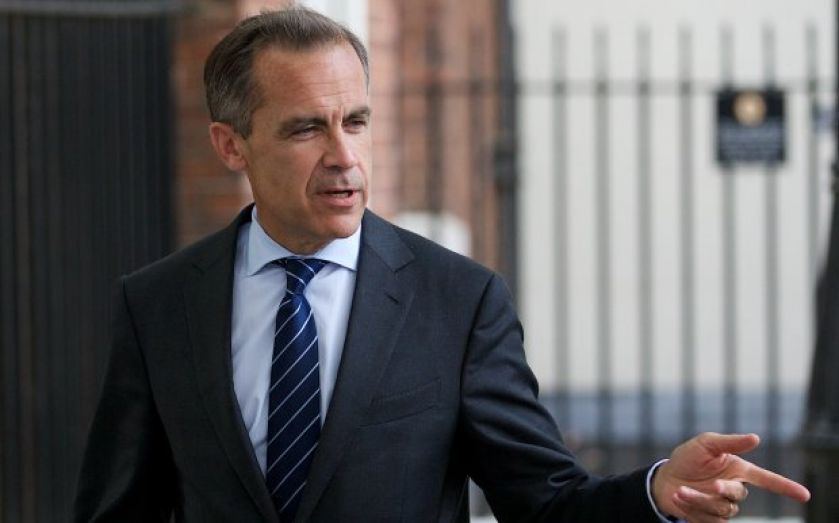Pound falls as Bank of England staffers imply interest rate hike could be further off

Bank of England governor Mark Carney has performed another backflip in testimony before MPs.
After changing stance in recent weeks, he is yet again implying that the first interest rate hike could happen later, rather than sooner.
Wage data has been softer than expected, says the governor. That's key because the central bank has been forecasting an acceleration in earnings later this year and into the next.
If that doesn't happen, then wage growth won't give the support to consumption that the Bank is expecting. By highlighting a lack of strength in earnings Carney could see expectations of the first hike pushed back.
Communication about a rate hike has been bouncing back and forth recently. There was a lot of dovish talk at the Bank's last inflation report, but Carney's comments during his Mansion House speech and the Monetary Policy Committee's (MPC) most recent minutes have been more hawkish.
The pound has taken a hit against the dollar on the news, dropping below $1.69. World First's Jeremy Cook says that it is clear that "Carney has decided to row back some of the surprising hawkishness" in that speech, made just 12 days ago. Then Carney said that the first rise in rates "could happen sooner than markets currently expect".
That speech was, said Carney, "my speech, so it was my view". Although the Canadian says that it was a speech consistent with the discussion of the MPC. Clarifying his comments, he stressed that while the first rise in rates could be sooner, that does not mean that it will be.
Deputy governor Charlie Bean also told MPs at the Treasury Select Committee (TSC) that the wage data is consistent with more slack in the labour market. The Bank currently estimates that spare capacity currently stands at around one to 1.5 per cent, an estimate that both Carney and Bean stressed is uncertain in both directions.
Carney said that the Bank still wants to see that wasteful slack has been used up before the central bank begins to normalise monetary policy from its post-crisis settings. "The exact timing of that [first hike]", will be directed by the data, said Carney.
One question for the Bank will be which data it trusts. Official figures from the Office for National Statistics show tepid growth in earnings at best, while survey indicators suggest that pay "could be about to" rise, said Carney.
cable snapped (waited ages to use that line!) pic.twitter.com/4HRVnpefBX
— The Thalesians (@thalesians) June 24, 2014